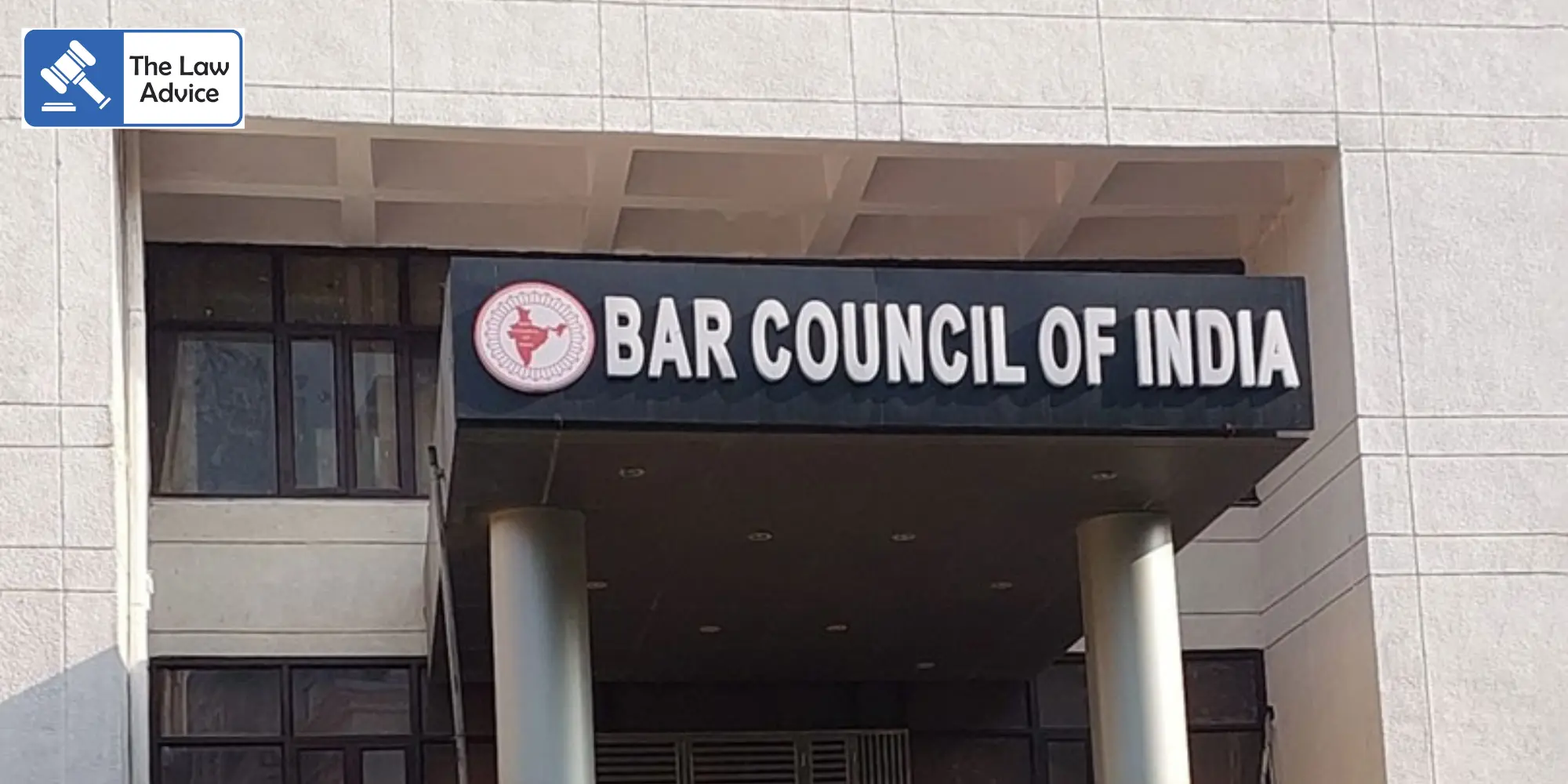
The Bar Council of India (BCI) has formally published the Bar Council of India Rules on Enrolment and Practice of Foreign Nationals, 2025 in the official gazette.
These rules will become operational from the date notified separately by the BCI.
The framework governs foreign nationals who wish to obtain permission to practise law in India—whether they hold an Indian law degree or a degree from any overseas university.
A foreign national will be considered for registration only if their home country allows duly qualified Indian citizens to practise law on substantially similar and reciprocal terms.
A foreign national holding a recognised law degree from an Indian university may be registered solely for non-litigious legal work. This includes advisory services, consultancy, documentation and transactional assignments. Such individuals will not be allowed to appear or argue before any court, tribunal, authority or quasi-judicial forum in India.
Foreign nationals without an Indian law degree cannot practise Indian law at all. They may engage only in matters involving foreign law, international law or international commercial arbitration, in accordance with the BCI Rules for Registration and Regulation of Foreign Lawyers and Foreign Law Firms in India, 2022 (as amended in 2025). Even in these areas, they must refrain from giving any opinion on Indian law.
These rules do not dilute the discretion of courts under Section 32 of the Advocates Act, 1961, which empowers a court to permit a non-advocate to appear in a particular matter.
Restrictions on Membership, Representation & Entitlements
A foreign national registered under these rules shall not:
(a) become a member of any State Bar Council or the BCI.
(b) join the general body of any Bar Association or vote in its elections.
(c) contest or hold any office-bearer position in any Bar Council or Bar Association.
(d) represent any bar body or collective forum of advocates in any capacity.
State Bar Councils must issue a distinct enrolment number for every foreign national, clearly different from the enrolment allocated to Indian advocates.
The format prescribed is: “FNR/State Code/Year/Serial Number”
(For example: FNR/DEL/2025/001), where “FNR” denotes Foreign National Registration.
The enrolment certificate must explicitly mention that it authorises only non-litigious legal practice limited to advisory, consultancy, documentation and transactional activities, and does not grant a right of appearance before any judicial or quasi-judicial body.
The certificate must also carry a clear note stating that the holder cannot appear, act, plead, represent any person, or make submissions on oath before any Indian court or authority in the capacity of an advocate.
Foreign nationals registered under these rules will not be eligible for financial assistance, welfare schemes or benefits provided by Bar Associations, State Bar Councils or the BCI unless specifically permitted by the BCI with prior approval of the Central Government.
They will likewise be ineligible:
(a) for empanelment on legal aid panels, government panels or any public post requiring enrolment as an advocate;
(b) to appear for or be appointed to the judiciary or judicial services, or sit for competitive exams for legal/judicial services, unless expressly authorised by the Central/State Government concerned.
No foreign national may practise law in India without a valid visa or work permit issued by the Ministry of Home Affairs specifically permitting professional legal activity. Registered foreign nationals must comply with all professional conduct standards applicable to Indian advocates and fall within the disciplinary jurisdiction of State Bar Councils and the BCI. Practising without valid authorisation, breaching these rules or violating the code of conduct will amount to professional misconduct.
The BCI may suspend or cancel a foreign national’s registration if reciprocal rights with their home country cease, if their visa/permit lapses or is revoked, if they are found guilty of misconduct, if their registration was obtained by fraud, or if the Central Government directs such action in public interest, for national security or foreign policy reasons. These rules do not dilute the rights of advocates enrolled under the Advocates Act, 1961, including the exclusive right of audience before Indian courts and tribunals.
Earlier in May, the BCI notified amendments to the rules governing foreign law firms—permitting them to handle non-litigious work on a reciprocal basis. Last month, the Council warned Indian firms against entering into tie-ups with foreign law firms, cautioning that such arrangements would be treated as attempts to bypass the regulatory framework by operating through Indian surrogates.
Website designed, developed and maintained by webexy